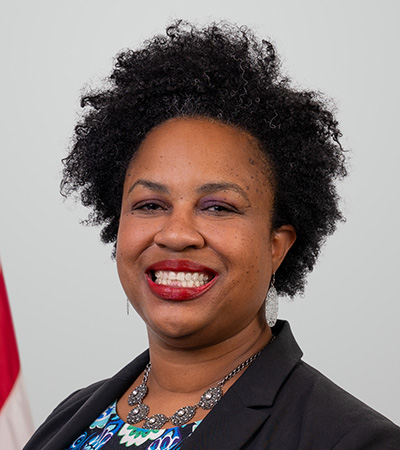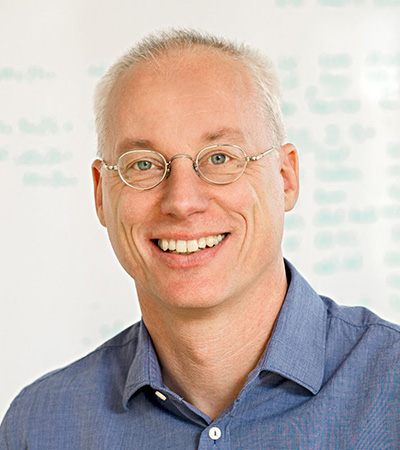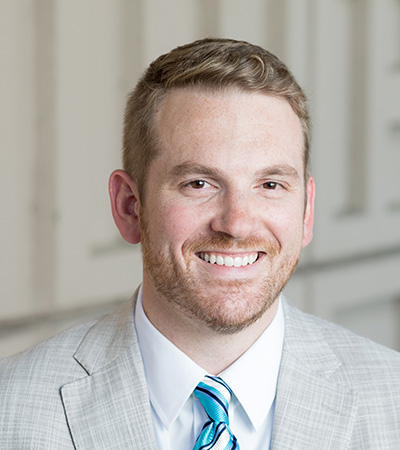Bumpus promoted; HUPO honors Kuster, Riley
Bumpus advances at FDA
Namandjé Bumpus has been named the principal deputy commissioner at the U.S. Food and Drug Administration. In this new leadership role with the FDA, she will work with a team to develop, advance and implement key public health initiatives and oversee the agency’s day-to-day operations.

Bumpus was previously the FDA’s chief scientist. In this role, she managed the research foundation, science and innovation that provides vital support for the agency’s public health mission. Before moving to the FDA, she ran a lab at Johns Hopkins University studying how P450 enzymes process antiretroviral drugs, which are used to treat human immunodeficiency virus, and antivirals used against hepatitis C.
Among her previous leadership roles, Bumpus served as associate dean for basic research and director of the pharmacology department at Hopkins and chair of a National Institutes of Health study section on xenobiotic and nutrient disposition and action. She has been president, treasurer, secretary and councilor of the American Society for Pharmacology and Experimental Therapeutics.
Bumpus’ awards and honors include the Leon I. Goldberg Award from the American Society for Clinical Pharmacology and Therapeutics, the James Gillette Award from the International Society for the Study of Xenobiotics, the John J. Abel Award in Pharmacology from the American Society for Pharmacology and Experimental Therapeutics and the Presidential Early Career Award for Scientists and Engineers. She is a fellow of the American Association for the Advancement of Science and a member of the National Academy of Medicine.
Küster and Riley win HUPO awards


Two American Society for Biochemistry and Molecular Biology members have been honored by the Human Proteome Organization. Bernhard Küster won the Distinguished Achievement in Proteomic Sciences Award for his ongoing contributions to the field of chemical proteomics. Nicholas Riley won the HUPO Rising Star Award, which recognizes early career researchers who have had an exceptional impact on the proteomics field and community.
Küster is a professor of proteomics and bioanalytics at the Technical University of Munich. His research focuses on the biochemical actions of therapeutic drugs, the molecular mechanisms that play a role in cancer and how information about these two aspects can be used for individual approaches to clinical treatment. Recently, his lab published a novel quantitative proteomic approach for decrypting drug actions and protein modifications by dose- and time-resolved proteomics.
Küster is a deputy editor of the journal Molecular & Cellular Proteomics. His past honors including the HUPO Discovery in Proteomic Sciences Award and the Mattauch-Herzog Award from the German Mass Spectrometry Society. The TUM Institute for Advanced Study named him the Carl von Linde Senior Fellow in 2018, and he was elected to the German National Academy of Science in 2019.
Riley is an assistant professor of chemistry at the University of Washington. The Riley research group investigates glycosylation patterns that govern health and disease using mass spectrometry-centric glycoproteomics and chemical glycobiology. His group is particularly interested in understanding how altered cell surface glycosylation phenotypes manifest in cancer progression and drive metastasis.
The Journal of Proteome Research recently named Riley a Rising Star in Proteomics and Metabolomics, and the American Society for Mass Spectrometry recognized him as an Emerging Talent in Academia.
Enjoy reading ASBMB Today?
Become a member to receive the print edition four times a year and the digital edition monthly.
Learn moreGet the latest from ASBMB Today
Enter your email address, and we’ll send you a weekly email with recent articles, interviews and more.
Latest in People
People highlights or most popular articles

Finding a symphony among complex molecules
MOSAIC scholar Stanna Dorn uses total synthesis to recreate rare bacterial natural products with potential therapeutic applications.

Sketching, scribbling and scicomm
Graduate student Ari Paiz describes how her love of science and art blend to make her an effective science communicator.

Embrace your neurodivergence and flourish in college
This guide offers practical advice on setting yourself up for success — learn how to leverage campus resources, work with professors and embrace your strengths.

Survival tools for a neurodivergent brain in academia
Working in academia is hard, and being neurodivergent makes it harder. Here are a few tools that may help, from a Ph.D. student with ADHD.

Quieting the static: Building inclusive STEM classrooms
Christin Monroe, an assistant professor of chemistry at Landmark College, offers practical tips to help educators make their classrooms more accessible to neurodivergent scientists.

Hidden strengths of an autistic scientist
Navigating the world of scientific research as an autistic scientist comes with unique challenges —microaggressions, communication hurdles and the constant pressure to conform to social norms, postbaccalaureate student Taylor Stolberg writes.
